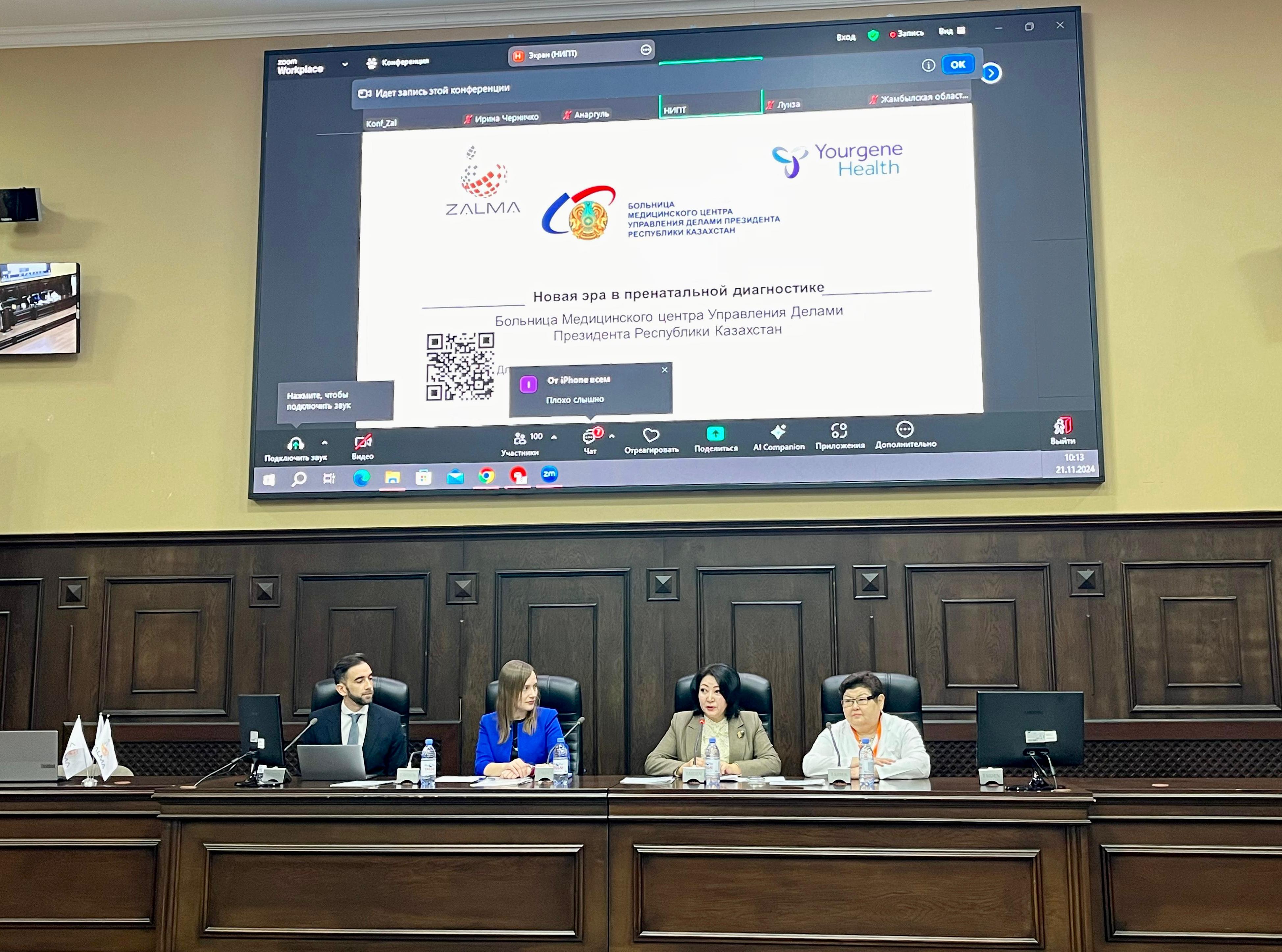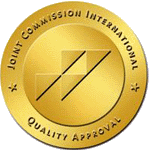For the first time in Kazakhstan, a test has been introduced that can diagnose Down syndrome with 99% accuracy as early as the 10th week of pregnancy using mother's blood

Medical Center Hospital of the President’s affairs Administration of the Republic of Kazakhstan was the first in the country to apply an innovative test for early diagnosis of chromosomal anomalies in the fetus.
The new method makes it possible to detect Down syndrome with an accuracy of more than 99% already from the 10th week of pregnancy. The test requires only a blood sample from the mother, which makes the procedure completely safe and eliminates the need for invasive interventions.
The test was developed by the British company Yourgene Health and is based on technology that analyzes fetal extracellular DNA circulating in the mother's blood. This method allows not only detecting Down syndrome (trisomy 21), but also other chromosomal abnormalities, such as trisomies 18 (Edwards syndrome) and 13 (Patau syndrome), as well as disorders associated with sex chromosomes. The hallmark of the test is its high sensitivity and specificity, which minimizes the risk of false positives and false negatives.
The new approach significantly reduces the need for invasive diagnostic methods such as amniocentesis and chorion biopsy, which are risky for maternal and fetal health.
At an international conference held at Medical Center Hospital of the President’s affairs Administration of the Republic of Kazakhstan, specialists from Kazakhstan and foreign countries discussed the prospects of non-invasive prenatal testing. More than 230 doctors and experts, including representatives of the Ministry of Health of Kazakhstan, the British Embassy, and the developers of the test from Yourgene Health, attended the event.
Indian expert, head of the Department of Reproductive and Clinical Genomics of Agilus Diagnostics Center Brinderjit Singh Buttar and representative of the British company Yourgene Health Thiago Justu presented successful examples of the use of the test in international practice.
Gulshara Аbildinova, head of the personalized genomic diagnostics laboratory of the Medical Center Hospital of the President’s affairs Administration of the Republic of Kazakhstan, spoke about the importance of introducing NIPT in Kazakhstan, noting that this method will be an important tool for reducing infant mortality and improving the quality of life of future parents.
“This test allows getting timely information about the state of health of the future child. The accuracy of early diagnosis gives parents and doctors the necessary time to prepare and make decisions, which is especially important when identifying complex cases”, - said Gulshara Аbildinova.
Experts emphasize that the introduction of such testing in Kazakhstan opens up new prospects for the development of prenatal diagnostics. This will not only improve the ability to detect genetic diseases, but also reduce the number of severe cases associated with chromosomal anomalies, which will reduce the burden on the health care system and improve the quality of medical care.
The new diagnostic method at Medical Center Hospital of the President’s affairs Administration of the Republic of Kazakhstan has become an example of how advanced technologies are changing approaches in medicine, providing patients with an opportunity for safe and accurate examination.




